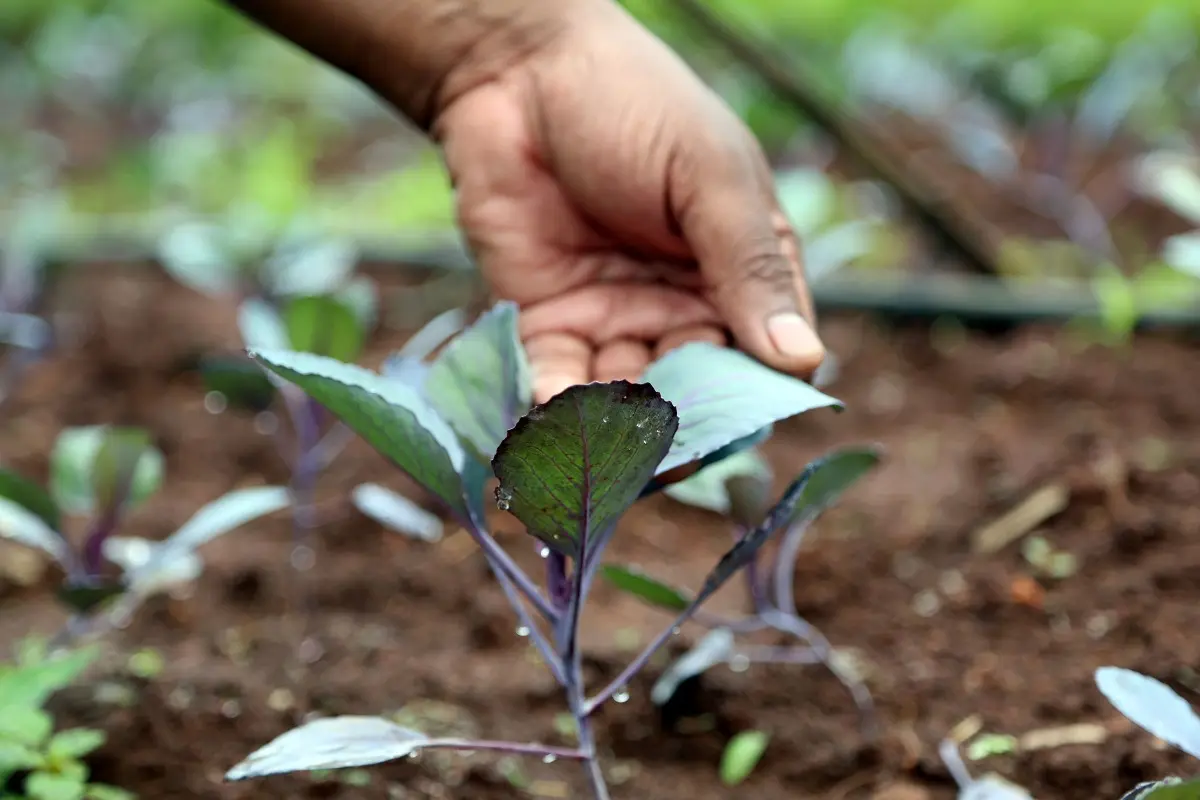
Do you want to access to this and other private contents?
Log in if you are a subscriber or click here to request service
Fao: agri-food needs to be adapted to climate change
The latest IPCC report indicates some solutions to transform the system and reduce emissions

Transforming agri-food systems is essential to adapt to man-made climate change and reduce greenhouse gas emissions. This was stated today by the Food and Agriculture Organization of the United Nations (FAO) in front of the latest report published by the Intergovernmental Panel on Climate Change (IPCC). The report points out that 22% of global greenhouse gas emissions right now come from agriculture,...
lml - 30197
EFA News - European Food Agency
EFA News - European Food Agency